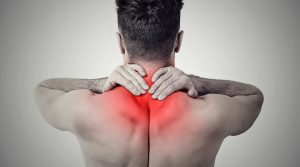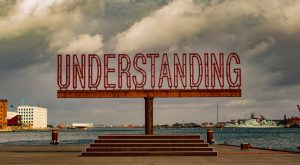
Obesity and lower back pain are two major health concerns that affect a large population across the globe. Both of these issues have been on the rise in recent years, with obesity reaching epidemic proportions in many countries. Studies have shown that there is a strong correlation between these two conditions, and it is important to understand how they are linked in order to address them effectively and how getting help from a professional for lower back pain in Davie can play a huge role in your overall health.
In this article, we will explore the connection between obesity and lower back pain and discuss steps that can be taken to prevent or manage these conditions.
The Impact of Obesity on Lower Back Pain
Obesity is defined as having a body mass index (BMI) of 30 or higher. It is a complex condition that is caused by various factors such as genetics, lifestyle choices, and environmental factors. Obesity can lead to a multitude of health problems, including cardiovascular disease, diabetes, and joint pain.
One significant impact of obesity is its link to lower back pain. The excess weight carried by obese individuals puts added stress on the spine and surrounding muscles, leading to strain and discomfort. This can also increase the risk of developing conditions such as osteoarthritis and herniated discs, which can further contribute to back pain.
Additionally, obesity is often associated with a sedentary lifestyle and poor posture, both of which can also contribute to lower back pain. Lack of physical activity can weaken the muscles that support the spine and increase the risk of injury or strain.
Addressing Obesity and Lower Back Pain
The good news is that steps can be taken to address both obesity and lower back pain. The first step is to focus on weight loss through a combination of healthy eating and regular exercise. This can not only help reduce excess weight but also strengthen the muscles in the back, leading to better spine support.
In addition, incorporating low-impact exercises such as swimming or walking can help with weight loss and also improve overall fitness and mobility. Physical therapy is another option that can be beneficial for individuals dealing with both obesity and lower back pain.
It is also important to address any underlying psychological factors that may contribute to overeating or a sedentary lifestyle. Furthermore, understanding common causes of lower back pain is important for seeking proper treatment. Seeking support from a therapist or counselor can help individuals develop healthy coping mechanisms and make positive lifestyle changes.
Conclusion
Obesity and lower back pain are two health concerns that often go hand in hand. The excess weight carried by obese individuals can put added strain on the spine and surrounding muscles, leading to discomfort and potential injuries. You can check out this blog to learn about the reasons for sudden chronic pain and how a professional can help you manage it. Lastly, to effectively address these conditions, it is important to focus on weight loss and incorporate regular exercise, as well as addressing any underlying psychological factors.








